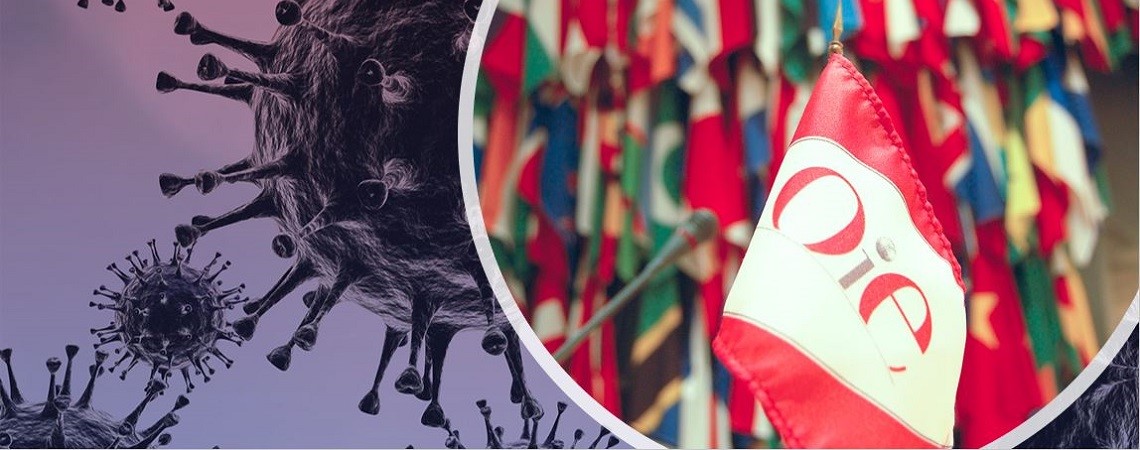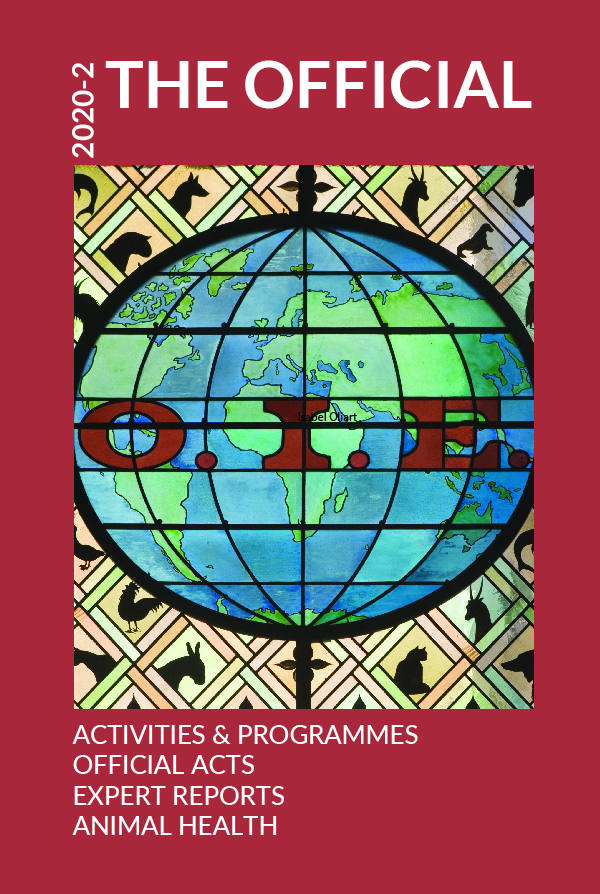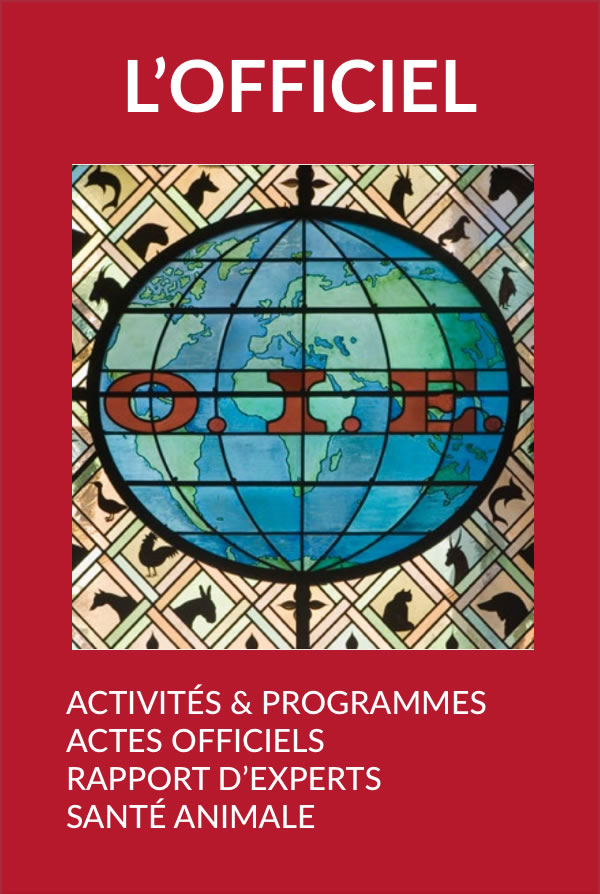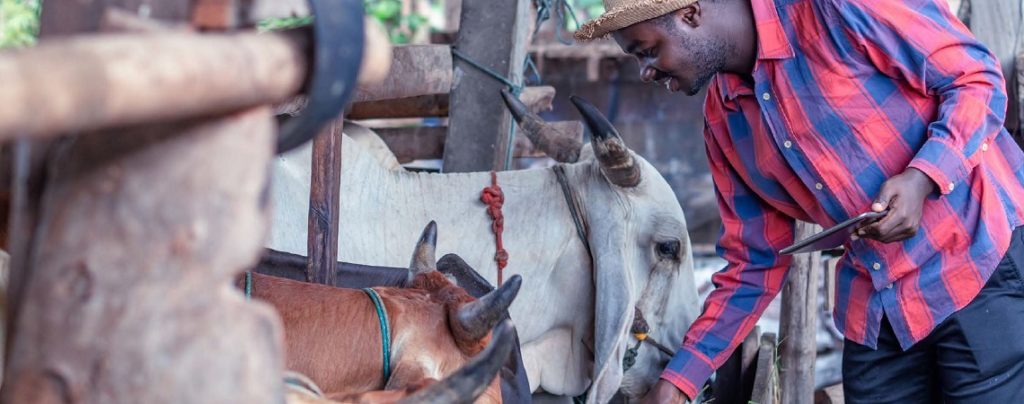Activities & Programmes Posted on 2021-03-15 11:01:17
OIE
The interim after-action review on the OIE’s response to COVID-19
Keywords
‘There were warning signs, robust data, and both thoughtful scientific discourse and conspiracy theories on when, how, what, from where and why a pandemic was coming towards us like a high-speed train. And yet, with all the information and possibilities before us, as an organisation – a collective of individuals – we were caught off guard. There is a sense of responsibility for our initial less than adequate response especially given that as an organisation we provide a lot of advice and guidance on preparedness, emergency management, and more specifically on risk management and risk communication.
‘One could dwell on what we could have done or should have done better, but that would be in vain. We want to focus on how we can improve. Thus, when the idea of undertaking an after-action review on the OIE’s response to COVID-19 was proposed, the aim was to use it as a plan from which to move forward based on the assessment of our strengths and weaknesses. The after-action review allowed us to take stock of what worked well, what needs to be improved (both urgently in the short term and gradually over the medium and long terms) and what we should examine based on the possible futures before us. These are now sources of motivation and rallying points for the OIE, as well as proof of the Organisation’s maturity for its Members, partners and supporters.
Methodology of the review
‘In June 2020, a term of reference for an internal team was put together identifying the scope of an interim after-action review (iAAR) with the aim of improving our preparedness and resilience to events that will have an impact on business continuity as well making the most of the lessons we have learned over the course of this past year. In essence, we wanted to determine what worked well and what needed improvement.
‘From June to September 2020, the team reviewed four key components of the OIE’s response – technical aspects, event management, institutional communication, and human resources (HR) and logistics – through interviews with several OIE Delegates, Presidents of the Specialist Commissions, experts from the Ad hoc groups, OIE staff across the globe, and key partners. Over 90 people from those categories were targeted, with over 60% of them responding either by e-mail to the team’s questions or through virtual face-to-face discussions.
‘The interviews were conducted using a pre-established question grid to ensure consistency in the review and analysis of responses. However, depending on the core component addressed by the interviewers, the questions were customised for the participants depending on their role within and/or external to the Organisation.
Results of the review: roses and thorns
‘The compilation and analysis of the opinions expressed has made it possible to identify recommendations to be implemented in the short, medium and long terms. While some of the challenges were foreseeable, such as how guidance is interpreted and implemented for sanitary measures and for disease reporting, others related to the timing of internal management decisions on staff health and safety felt like a setback to our otherwise collegial spirit. Reviewing the positive aspects covered in the report, our ability to adapt has been highlighted and the pandemic did not have a dampening effect on our presence and responsiveness to OIE Members, experts, staff and partners.
Management responses
‘Overall, some 30 recommendations have resulted from the after-action review and management responses with links to current activities, initiatives and the 7th Strategic Plan have been developed for progressive implementation.
‘Our response to COVID-19 has revealed some undeniable lessons. The OIE needs to:
- practice its own advice in terms of emergency and risk management and communication;
- keep its eyes open for emerging futures;
- anticipate changes to its work (e.g. how and where staff work, and how the OIE engages with its stakeholders);
- drive ahead with its digital transformation (while being mindful of the digital divide).
‘Even if some recommendations have already been addressed, these first lessons learned from 2020 will be taken into consideration when operationalising the 7th Strategic Plan, and when designing the action cards for its implementation.
‘Keep in mind that we refer to this review as an ‘interim after-action review’, which means that this is only the beginning of our learning journey. We have every intention of monitoring the recommendations, reporting on progress and seeking further feedback in the coming months.
◼ February 2021
| OIE Web Portal on COVID-19 |












